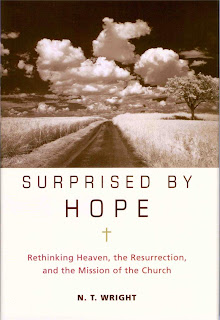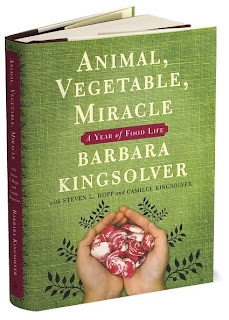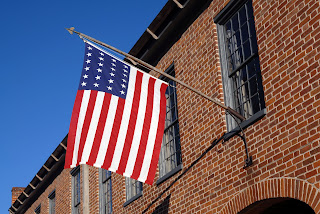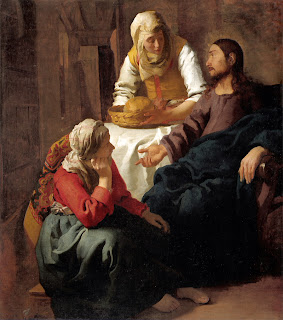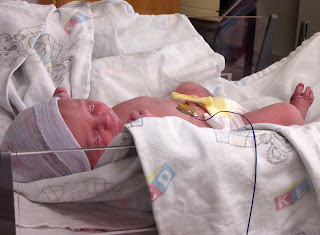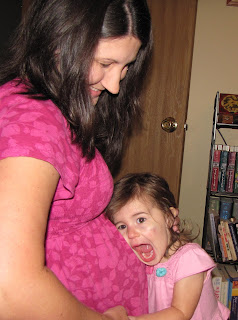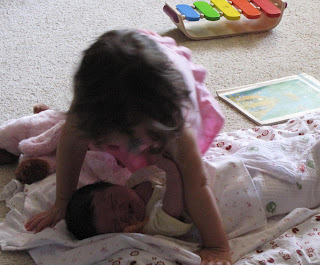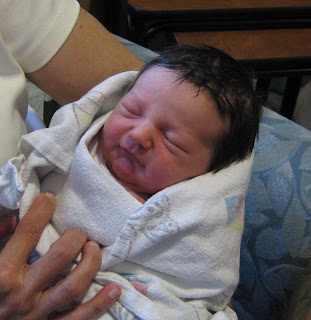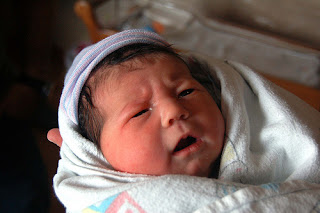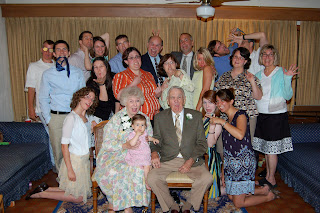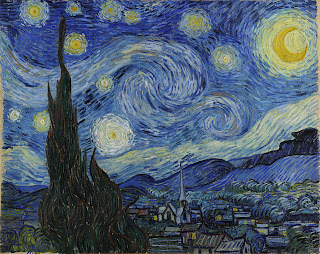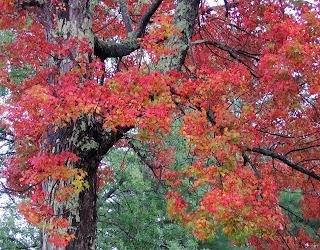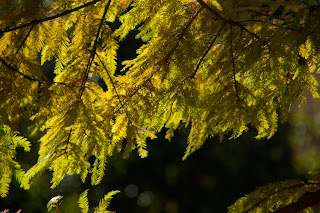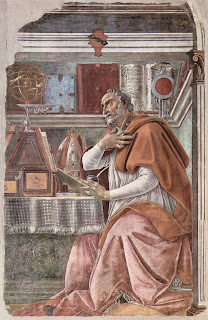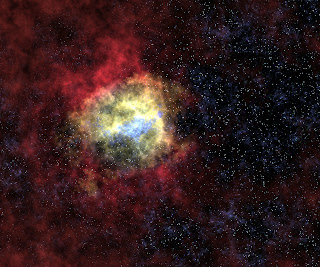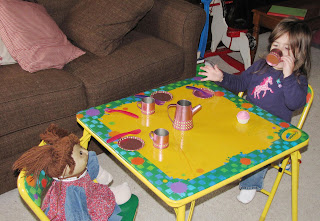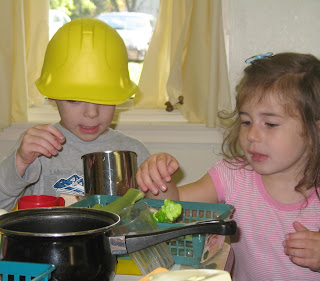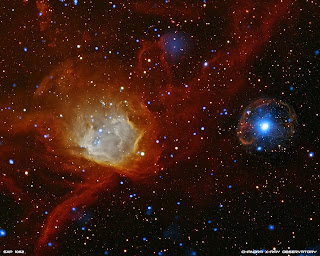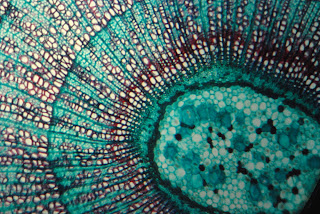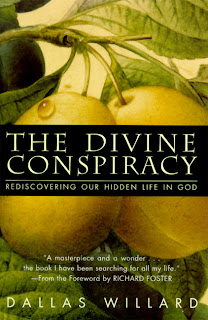I’ve never been a “SAVE THE ENVIRONMENT!!!!” sort of girl.
Not because I want to actively destroy our planet or because I am particularly opposed to saving it, but simply because I haven’t thought much about it.
I love spending time outdoors, love seeing and being in the beauty that God has given us, but not until recently has my mind made the connection between our earth being created by and loved by God, and my own responsibility to take care of our world.
I know. There are a lot of you who are rolling your eyes right now and thinking, “Wow. You are some kind of dense not to have understood that before now.”
Perhaps, though, there are at least one or two of you who are like me and have simply not thought about this idea of being stewards of God’s creation. These thoughts, then, are for you.
This idea first started bouncing around in my mind when I read N.T. Wright’s book, Surprised by Hope. One of the themes that Wright discusses is the concept that this world is going to be restored someday, is going to be made whole and perfect, and we are asked by God to begin now to work towards that restoration. He even suggests that we are part of God’s plan to perfect our world, that perhaps He will accomplish this restoration (at least partially) through humanity.
This is a staggering idea, especially in the implication that if we are not working to care for our world then we are delaying the restoration of creation.
My first reaction to this idea was that God would never entrust such an important task to such frail humans. Yet there is, however, that whole “go into the world and teach people to be My disciples” task that He gave us. Perhaps God is just crazy enough to put such big things into our little hands.
My next recent encounter with this idea of stewardship (I was starting to feel as though perhaps, just perhaps, God was giving me a little nudge) was when I read Richard T. Wright’s book, Biology Through the Eyes of Faith. (I was also starting to feel as though perhaps, just perhaps, I was reading too many books by authors with the last name of Wright.)
When I wrote an essay about the book, about how Christians should not fear what science can do to God, I was struck by something that I quoted from this book at the end:
Over the years, I have realized that even though it is necessary to look at these origins issues and problems, the more important problems are those that are facing us today as we try to learn how to take care of the creation and how best to use its gifts. (If God were to ask us a question about His Creation,) would He ask us what we thought about how He made the world, or would He ask us what we did with it?
What does God want us to do with this creation He has entrusted to us? I started searching Scripture and was surprised by what I found. Here are just a few:
God saw all that He had made, and it was very good. ~ Genesis 1.31
The LORD God took the man and put him in the Garden of Eden to work it and take care of it…So the man gave names to all the livestock, the birds of the air and all the beasts of the field. ~ Genesis 2.15, 20
The creation waits in eager expectation for the sons of God to be revealed. For the creation was subjected to frustration, not by its own choice, but by the will of the one who subjected it, in hope that the creation itself will be liberated from its bondage to decay and brought into the glorious freedom of the children of God. ~ Romans 8.19-21
But the day of the Lord will come like a thief. The heavens will disappear with a roar; the elements will be destroyed by fire, and the earth and everything in it will be laid bare … But in keeping with His promise we are looking forward to a new heaven and a new earth (emphasis mine), the home of righteousness. ~ II Peter 3.10, 13
As I searched the Word for wisdom, I was also reading Animal, Vegetable, Miracle by Barbara Kingsolver. It is the story of how her family spent one year eating only what they could obtain locally. The book gave me a myriad of ideas about how our family could begin paying attention, how we could be deliberate about how we use this creation that God called “very good”.
And so I’ve started exploring. Perhaps we will start loving our neighbors by purchasing as much as possible from farmers who live nearby, from businesses owned by local people. Perhaps we will start loving this world by eating meat and eggs from animals that have been well cared for and that have been fed foods they were created to eat, by recycling and reusing as much as possible.


